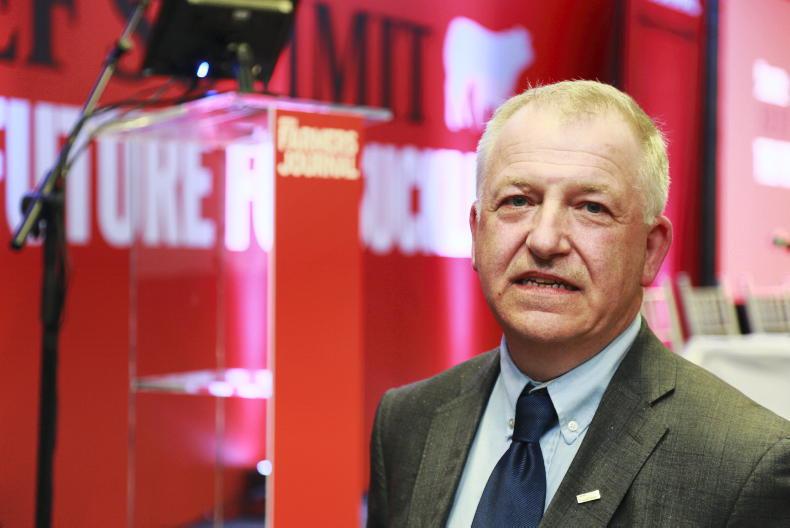The mobilisation of substantially greater financial investment by the developed countries to support the poorer nations in their adaptation efforts is a key priority for the British presidency of COP26 this week.
'Adaptation' has been described as the poor relation of 'mitigation'.
The impetus to identify solutions, finance and implement them has intensified due to recent developments, such as the terrifying wildfires in the Pacific northwest of the US, Canada and Greece, the severe flooding in Germany, the eastern part of the US, China and India and the extended droughts in Madagascar.
Concerns exist around extreme events - such as tropical cyclones, droughts, storm surges, floods and heatwaves - and slow-onset events, such as the rise in sea levels, desertification, salinisation, land and forest degradation, etc.
These events can have a catastrophic impact on human lives and people’s health, livelihoods, public infrastructure and private property, society itself through mass migration and, of course, the environment.
The countries that are most affected by the existing extreme climatic events and predicted future events are also among the poorest in the world.
A country such as Bangladesh, for instance, with an average elevation of about 10 metres is at particular risk due to sea level rises. As are the plethora of tiny states in the Pacific Islands.
Financial need
The UN Environment Programme in a recent report reckons that the financial need of these countries is likely to be $300bn per annum by 2030 rising to $500bn by 2050. Their stated priorities are in agriculture, water and human health.
Total financial flows by the developed countries have fallen not only well short of the stated needs, but also of their own commitment to spend $100bn per annum by 2020.
Moreover, the projects that have been funded don’t match up with those expressed by the developing countries. The vast bulk of the supported projects comprise mitigation rather than adaptation actions.
We can thank our Atlantic location that we don’t experience the kind of extreme climate impacts that countries in more northern and southern latitudes do.
The extreme weather events of 2012/2013 and again in 2018 should guard us against complacency
This point was brought home to me a few years ago when I visited Finland and Ethiopia within a few weeks of each other. In Finland they were able to grow new fruit tree varieties at higher latitudes, while in Ethiopia they were trying to cope with soil erosion.
But the extreme weather events of 2012/2013 and again in 2018 should guard us against complacency. Also the evidence is that our autumns and winters have been getting wetter and our summers dryer.
So I think it’s important that we put far more effort into what the sector needs to do to adapt.
Good advice
The Adaptation Report published by the Department of Agriculture in 2019 and the paper by Siobhan Kavanagh, Mick O’Donovan and Joe Patton on the lessons learned from these two episodes contain a lot of good advice.
In our livestock systems, managing our grassland resource is key to not only adapting to weather crises, but also to building resilience in the aftermath of such crises.
PastureBase Ireland is a great adaptation tool, but we don’t have sufficient farmers completing routine grazing measurements.
Ensuring that basic soil fertility advice is followed will also help boost resilience. And farmers will be very conscious of the importance of feed budgeting and of maintaining adequate reserves of quality fodder reserves.
Extreme weather events can place great stresses on both farmers and animals. I think there’s a strong case for a dedicated training scheme to enable farmers to be able to cope with these stresses.
By definition, not many farmers will have experienced many of the extremes in their lifetime. There’s also a big role for research, both to assess the pinch points that will require adaptation into the future and to identify solutions.
Professor Gerry Boyle is the former director of Teagasc and former member of the Climate Change Advisory Council, and is at COP26 in Glasgow, Scotland.









SHARING OPTIONS